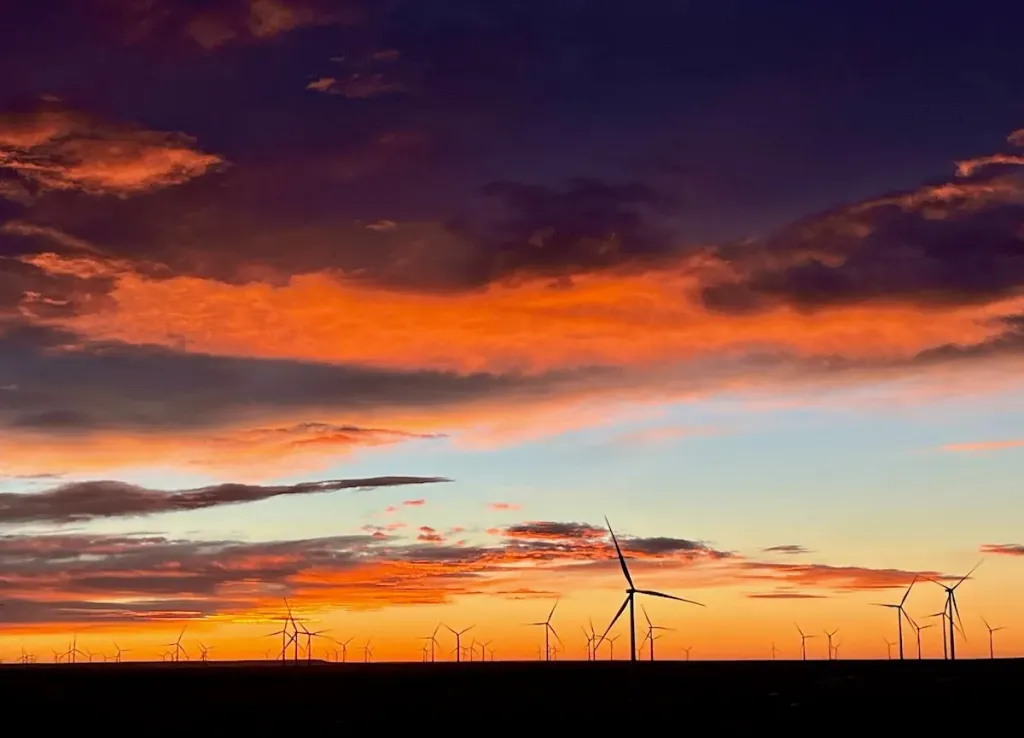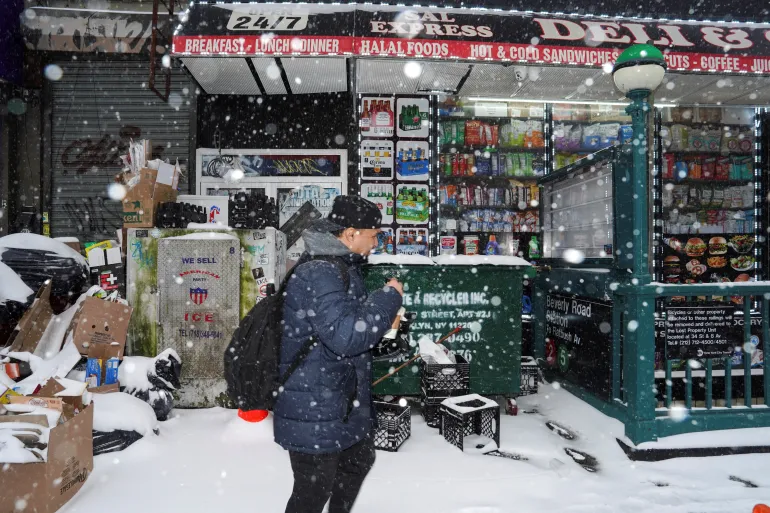President Donald Trump’s latest executive order barring entry to citizens from 12 countries took effect Monday, triggering renewed controversy over the administration’s hardline stance on immigration.
The policy—justified by Trump as a necessary step to prevent the infiltration of “terrorists”—comes amid escalating unrest in cities such as Los Angeles, where clashes broke out between protesters, police, and National Guard troops following a surge in immigration-related arrests.
This new directive echoes travel restrictions implemented during Trump’s first term, many of which targeted Muslim-majority nations. Most of the countries affected by the latest ban are experiencing armed conflict or widespread displacement.
The ban covers citizens from the following nations: Afghanistan, Chad, Eritrea, Equatorial Guinea, Haiti, Iran, Libya, Myanmar, Republic of the Congo, Somalia, Sudan, and Yemen.
Additional travel restrictions—though less severe—have been placed on nationals from Burundi, Cuba, Laos, Sierra Leone, Togo, Turkmenistan, and Venezuela.
Trump defended the measure by stating that the countries in question either host “large-scale terrorist activity,” lack robust security cooperation with the U.S., fail to maintain accurate criminal records, or have high rates of visa overstays.
In his announcement last week, Trump cited a recent attack in Colorado in which a group of Jewish protesters was assaulted by an Egyptian man who had reportedly overstayed his U.S. visa. The group had been demonstrating in solidarity with detainees in Gaza. While Egypt is not among the nations targeted in the ban, Trump claimed the incident illustrated the danger of admitting inadequately vetted foreign nationals.
“This attack underscores the extreme dangers posed to our country by the entry of foreign nationals who are not properly vetted,” Trump said.
He also indicated that additional countries could be added to the list “as threats emerge.”
According to guidance sent to U.S. embassies and consulates, the order does not revoke valid visas already issued to individuals from the affected countries. However, its implementation at U.S. ports of entry remains uncertain, raising concerns of confusion similar to that experienced during the 2017 rollout of the first travel ban.
Despite the sweeping restrictions, early reports indicated no immediate disruption at major airports, including Los Angeles International Airport.
The new ban has drawn criticism from international rights advocates. Volker Türk, the United Nations High Commissioner for Human Rights, warned that “the broad and sweeping nature of the new travel ban raises concerns from the perspective of international law.”
With input from Al Jazeera










The latest news in your social feeds
Subscribe to our social media platforms to stay tuned